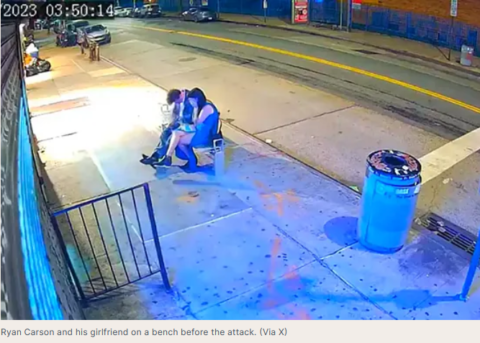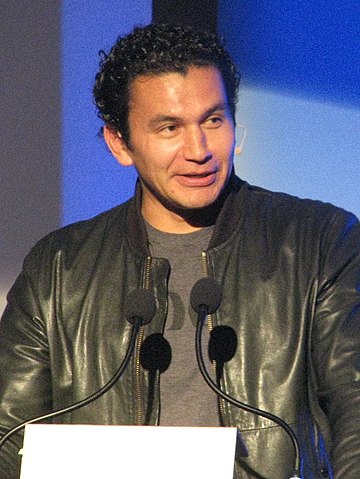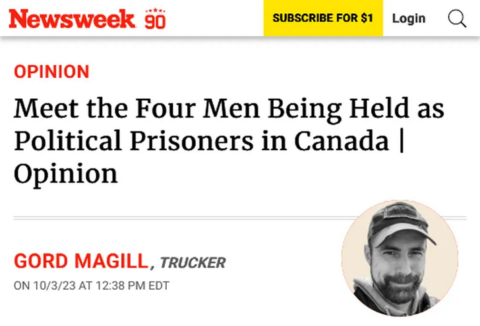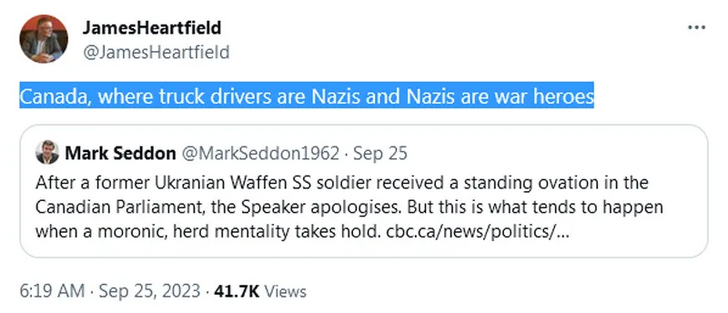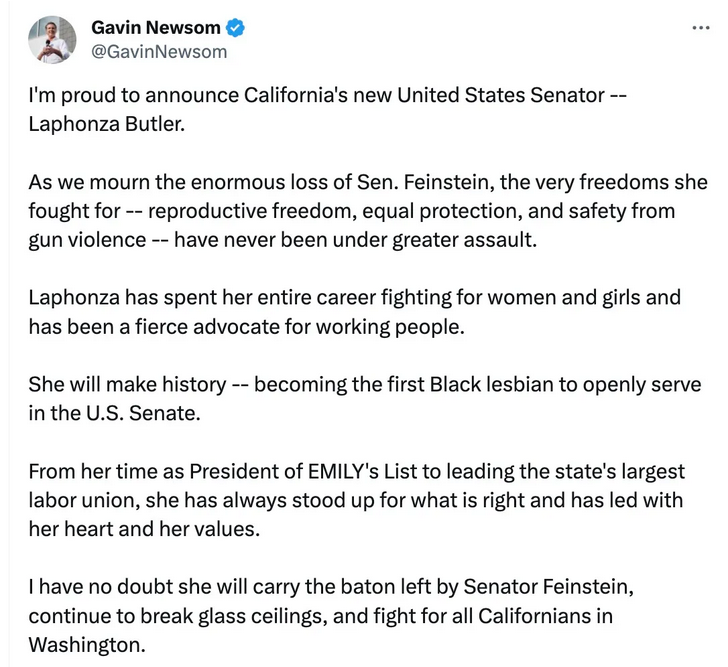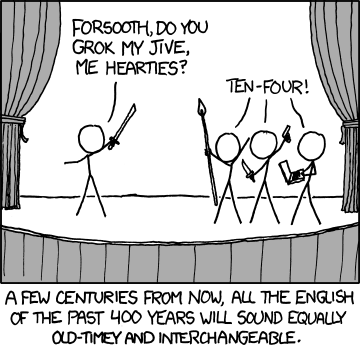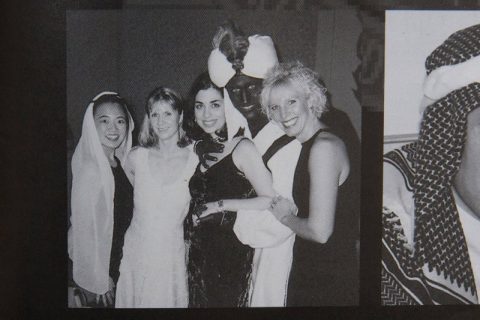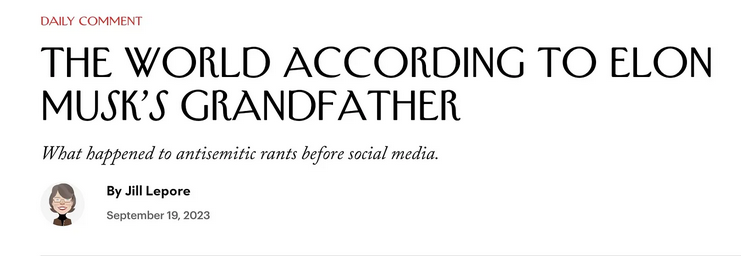The Latin phrase refers to speaking nothing but good of the (recently) deceased, but as partisan passions rise, the urge to wave the bloody shirt and denigrate the dead overwhelms decency and common sense:
Of all the vices that can contribute to the collapse of civil society, a special place of honor surely needs to be reserved for mocking the newly murdered.
I don’t mean mocking the newly dead. The somewhat mawkish view that no ill should be spoken of the recently departed has always seemed rather priggish to me. It would, in fact, be absurd if we decided that in the wake of, say, Mitch McConnell’s or Noam Chomsky’s death, we couldn’t criticize their lives, careers, and beliefs. “If they’d given him an enema, they could have buried him in a matchbox” was my old friend Christopher Hitchens’ comment on the passing of Jerry Falwell. Rude, surely. Too soon, sure. But a swipe, not a gloat. And on Fox News. To Ralph Reed.
What crosses the line of what Orwell prized as “common decency” is using the occasion of someone’s untimely death to say they deserved it. “The homosexuals have declared war on nature, and now nature is exacting an awful retribution” was Pat Buchanan’s charming response to the outbreak of the AIDS epidemic. In the same vein today, on the other side as it were, there’s a “Herman Cain Award” subreddit with half a million members, devoted to naming and mocking vaccine skeptics who subsequently died of Covid. A giant, unified chorus of “ha-ha”s across the decades.
Social media and CCTV cameras have made the schadenfreude more visceral. This past week, a young “social justice” activist, Ryan Carson, was knifed to death on the street by a deranged 18-year-old assailant, as Carson’s girlfriend, paralyzed with shock, looked on. We might once have just heard of or read about this attack. Now we see it as it happens. Its reach might once have been limited by media gatekeepers. Now it can reach millions in a matter of hours on social media. And if you’re Elon Musk and your strategy for Twitter is to make it a more visual, visceral, sticky site, it’s gold. Within hours of Carson’s death, his last, terrifying moments were accessible to millions: a snuff video in all but name, now available to be monetized by gawkers.
And indecent gawkers. “It’s good to make fun of people who support criminals when they get murdered by criminals,” commented one on Twitter. “Ryan Carson took the phrase ‘bleeding heart liberal’ way too literally,” said another. (Carson’s actual heart was pierced by the murder weapon.) Other virtual tricoteuses went after the traumatized bystander: “Ryan Carson’s girlfriend is the Douche of the Week. 1. Showed almost no concern as her guy was murdered. 2. Expressed zero concern as he lay on the ground dying. Didn’t even bend down. 3. Refused to give police the murderer’s description. Soulless Marxist.” Another: “WHAT??? Ryan Carson’s girlfriend … started a GoFundMe page to make money off his death. I would tell her to eat trash but that’s cannibalism.” Or this: “She didn’t react when he was stabbed but she sure didn’t hesitate to raise $50k on go fund me. Makes you wonder.”
Makes you wonder what exactly? Twitter reminds me of Trump: you can’t believe it can go lower — until it always does.
I should stipulate, I suppose, that I doubt I would have been one of Ryan Carson’s favorite writers. His views on crime and policing were, to my mind, hopelessly naive and deeply counter-productive for real social justice. He also once tweeted upon news of Rush Limbaugh’s death — “lmao hell yeah” — and called himself, presumably with a wink, “COO of Antifa.” But many of us have lost our moral bearings in this cold civil war. And Carson was a human being, son of a mother and father, murdered senselessly, traumatizing a whole host of others. In that context, nothing else matters but his humanity. Lambaste his views; but don’t delight in his death even as millions can see his final, deeply vulnerable moments of panic and fear.
The same should be said to the online trolls who went after Josh Kruger, a lefty Philly journalist (and Dish reader) killed in his home this week, and Pava LaPere, a BLM-touting entrepreneur in Baltimore murdered brutally the week before. (I’ll spare you the Twitter comments.) The impulse to use anything to advance a narrative: this is how far we’ve sunk into bitter, vicious tribalism.
And is it me or is Musk’s Twitter obviously making all this worse, putting out more and more videos of street crime, bar fights, robberies, and brawls, often with racial tension fueling them? In our collective psyche there is the problem of mentally ill people committing crimes on the streets, and there is also the problem of everyone constantly seeing videos of mentally ill people committing crimes on the streets. It distorts our judgment; it privileges the vivid and violent over the lucid and peaceful. It normalizes and numbs us to violence and can incentivize it. And this emotive tribal priming makes us more likely to react to the deaths of our political opponents with glee.

